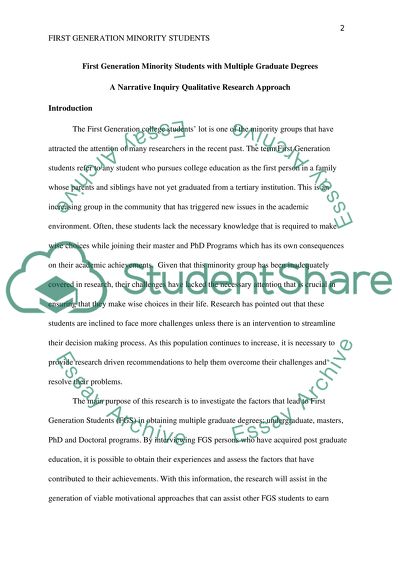Cite this document
(“A Narrative Inquiry Qualitative Research Approach Proposal”, n.d.)
Retrieved from https://studentshare.org/journalism-communication/1625638-a-narrative-inquiry-qualitative-research-approach
Retrieved from https://studentshare.org/journalism-communication/1625638-a-narrative-inquiry-qualitative-research-approach
(A Narrative Inquiry Qualitative Research Approach Proposal)
https://studentshare.org/journalism-communication/1625638-a-narrative-inquiry-qualitative-research-approach.
https://studentshare.org/journalism-communication/1625638-a-narrative-inquiry-qualitative-research-approach.
“A Narrative Inquiry Qualitative Research Approach Proposal”, n.d. https://studentshare.org/journalism-communication/1625638-a-narrative-inquiry-qualitative-research-approach.


